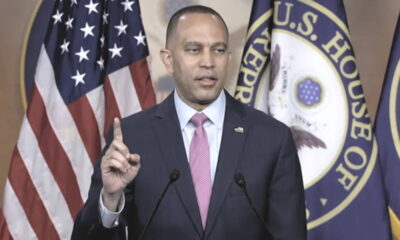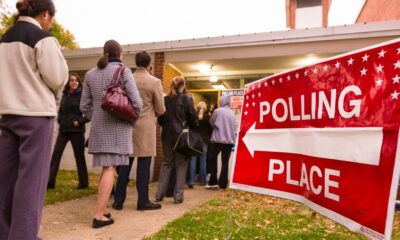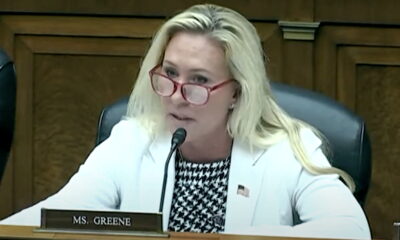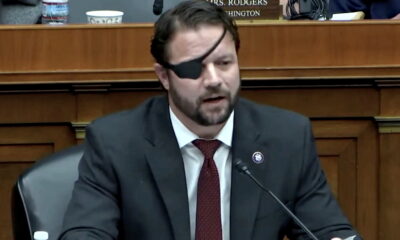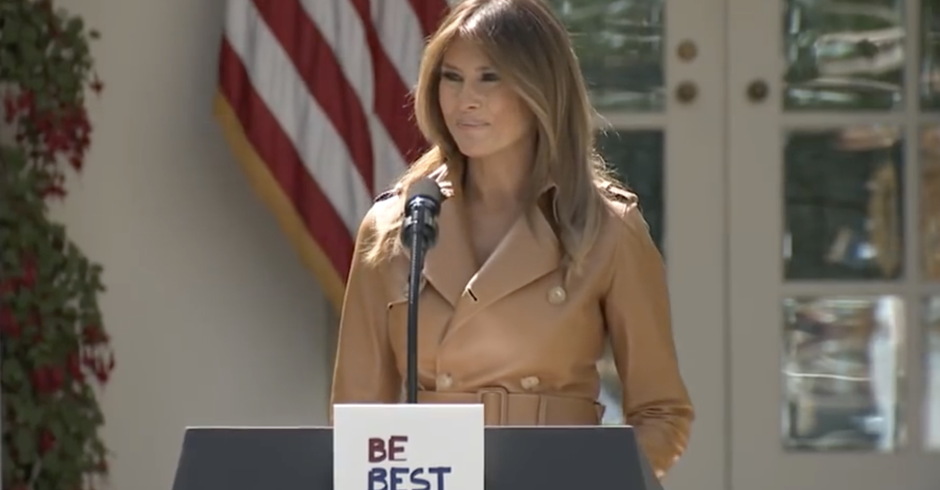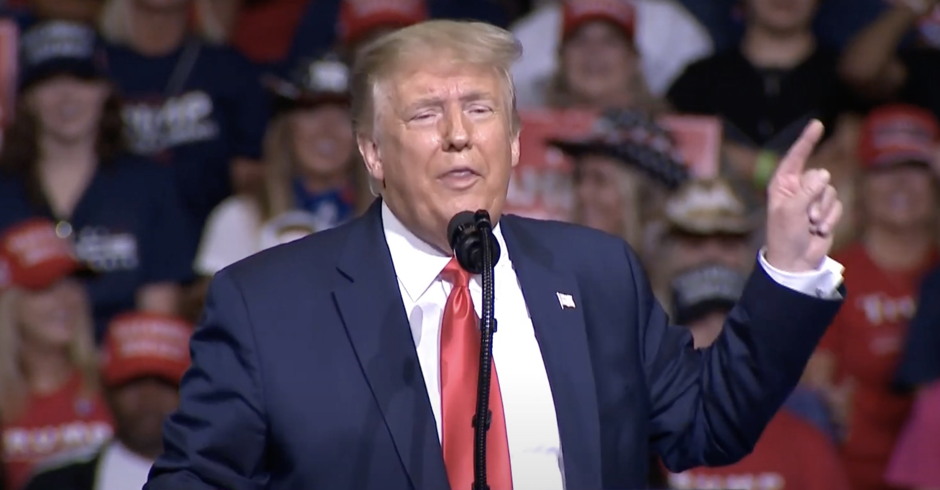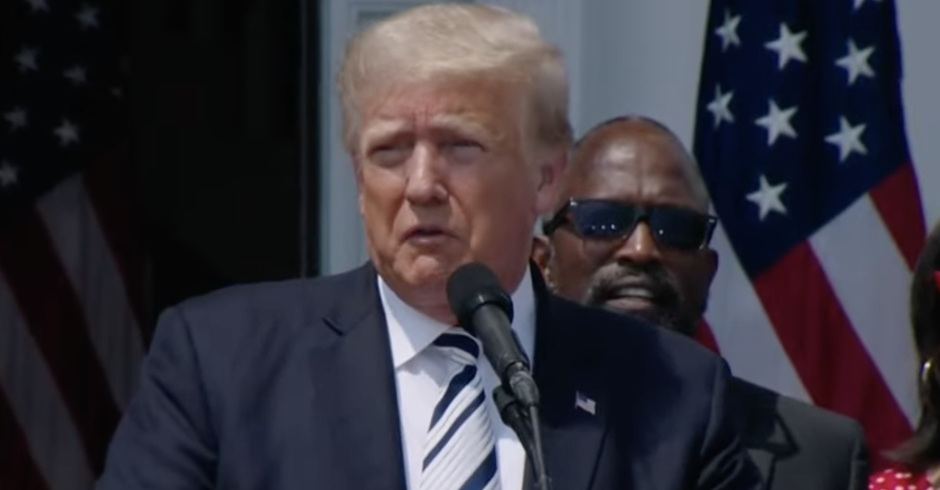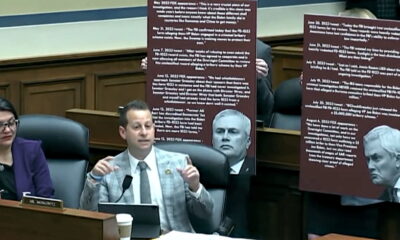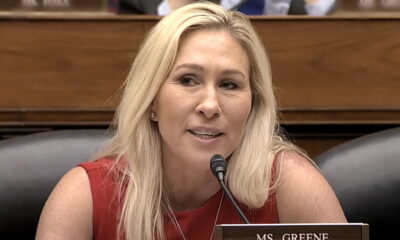GRIFTERS
Mnuchin’s Treasury Dept. Is Letting Banks Seize Coronavirus Relief Checks Up to Full $1200 to Pay Off Debts
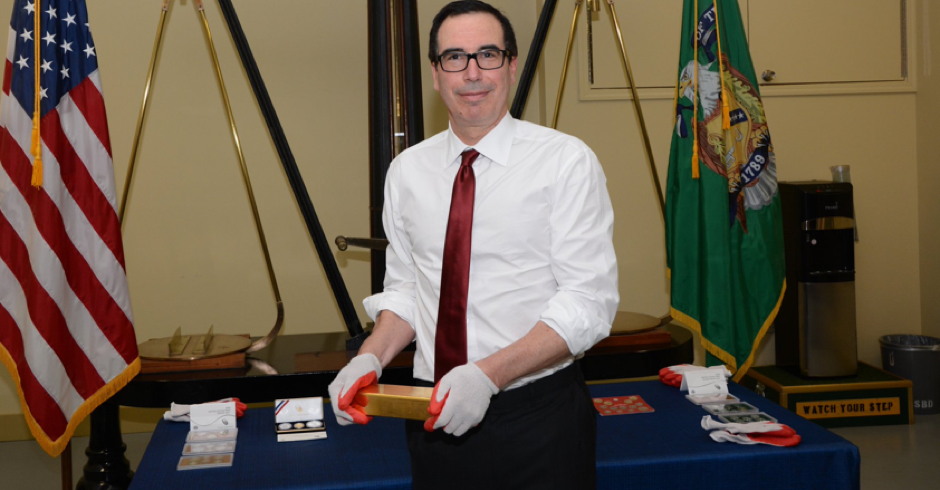
Overdrawn? Late on your mortgage? Owe late fees to your bank or credit card company?
If you are expecting a coronavirus relief check, which most Americans are, up to $1200, be prepared to see a portion of it seized by the bank to pay off those debts.
The U.S. Department of the Treasury, headed by multi-millionaire Secretary Steve Mnuchin, has authorized banks to seize however much of your emergency coronavirus relief payment to pay off debts owed to your bank, according to The American Prospect’s Executive Editor David Dayen.
Congress passed the CARES Act to help the tens of millions of Americans who have been financially impacted by the coronavirus pandemic put food on their tables, pay their rent or mortgage – literally continue to live. Last week Mnuchin’s Treasury effectively told the banks it’s OK to seize what they deem you own them from those payments.
“Banks would be first in line to grab the payments to offset a delinquent loan or past-due fees,” Dayen reports. “Even if the individual thinks their account with that bank is closed, if the payments post there, the bank could conceivably use them to cover old debts.”
Obviously make sure your direct deposit goes to an account you control with a bank that doesn’t have any bad debts on it, because the danger exists that the bank could use the check to offset those debts.
— David Dayen (@ddayen) April 14, 2020
While the Treassury didn’t tell banks to go grab the cash, Treasury regulators made clear they are welcome to do so, as Dayen explains:
“The Treasury Department effectively blessed this activity on a webinar with banking officials last week. In audio obtained by the Prospect, Ronda Kent, chief disbursing officer with Treasury’s Bureau of the Fiscal Service, can be heard explaining that banks had posed questions to her about ‘whether these payments could be subject to collection from the bank to which the money is deposited, if the payee owes an outstanding loan or other payments to the bank.’ She responded—twice—that ‘there’s nothing in the law that precludes that action,’ while counseling that the banks’ compliance officers should consult with their legal offices about what policies their banks will implement. ‘You will want to know for your bank what your bank has decided to do,’ Kent said.”
That’s how it works.
Basically, “we’re not telling you you can’t, so do as you please.”
I checked with the five largest consumer banks. Only JPMorgan Chase said they would not use CARES Act payments to offset debts. The other four gave no response. https://t.co/by1oQ1cNkL
— David Dayen (@ddayen) April 14, 2020
One official told Dayen, “We don’t want to say anything explicitly and are telling you to make a business decision.”
Common Dreams notes Massachusetts Attorney General Maura Healey says the “payments are supposed to help individuals and families put food on the table during this crisis, not enrich debt collectors.”
Dayen says the Treasury Dept. could easily rescind this grant if it chose to.
The other thing would be that Treasury could end this possibility with a one-page regulatory order flagging the checks and ensuring that private debt collectors or banks cannot use them for garnishment or offsets. Treasury should feel some pressure to do that.
— David Dayen (@ddayen) April 14, 2020
Read the entire report here.
Enjoy this piece?
… then let us make a small request. The New Civil Rights Movement depends on readers like you to meet our ongoing expenses and continue producing quality progressive journalism. Three Silicon Valley giants consume 70 percent of all online advertising dollars, so we need your help to continue doing what we do.
NCRM is independent. You won’t find mainstream media bias here. From unflinching coverage of religious extremism, to spotlighting efforts to roll back our rights, NCRM continues to speak truth to power. America needs independent voices like NCRM to be sure no one is forgotten.
Every reader contribution, whatever the amount, makes a tremendous difference. Help ensure NCRM remains independent long into the future. Support progressive journalism with a one-time contribution to NCRM, or click here to become a subscriber. Thank you. Click here to donate by check.
 |





